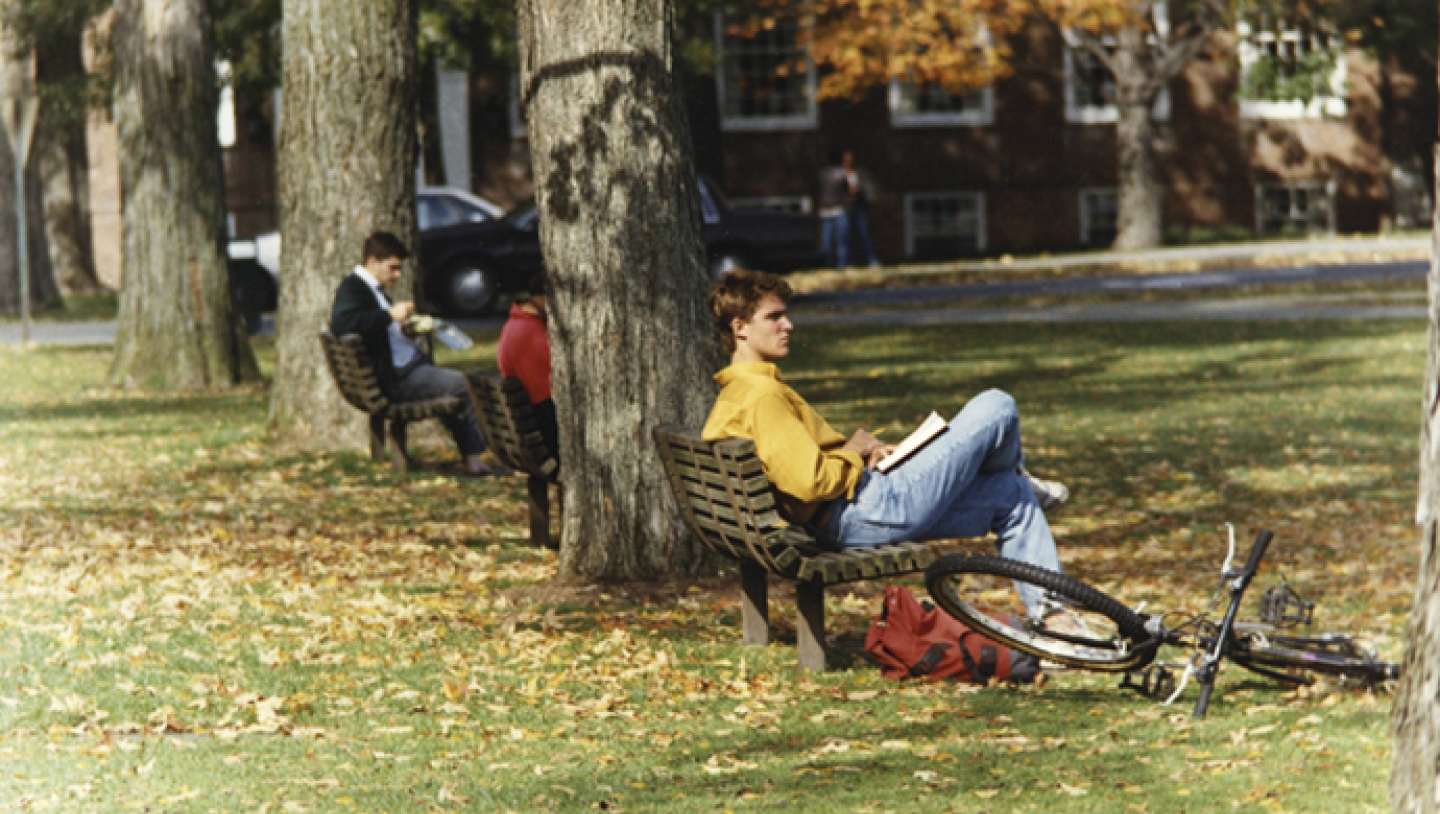
Campus Life, undated
Classes & Obits
Dear, ’16s, you’ll know this column is generally upbeat. My favorite thing is trumpeting your wins and successes to all of the avid readers of class notes—birthdays! Engagements and weddings! Starting that graduate degree or new job!